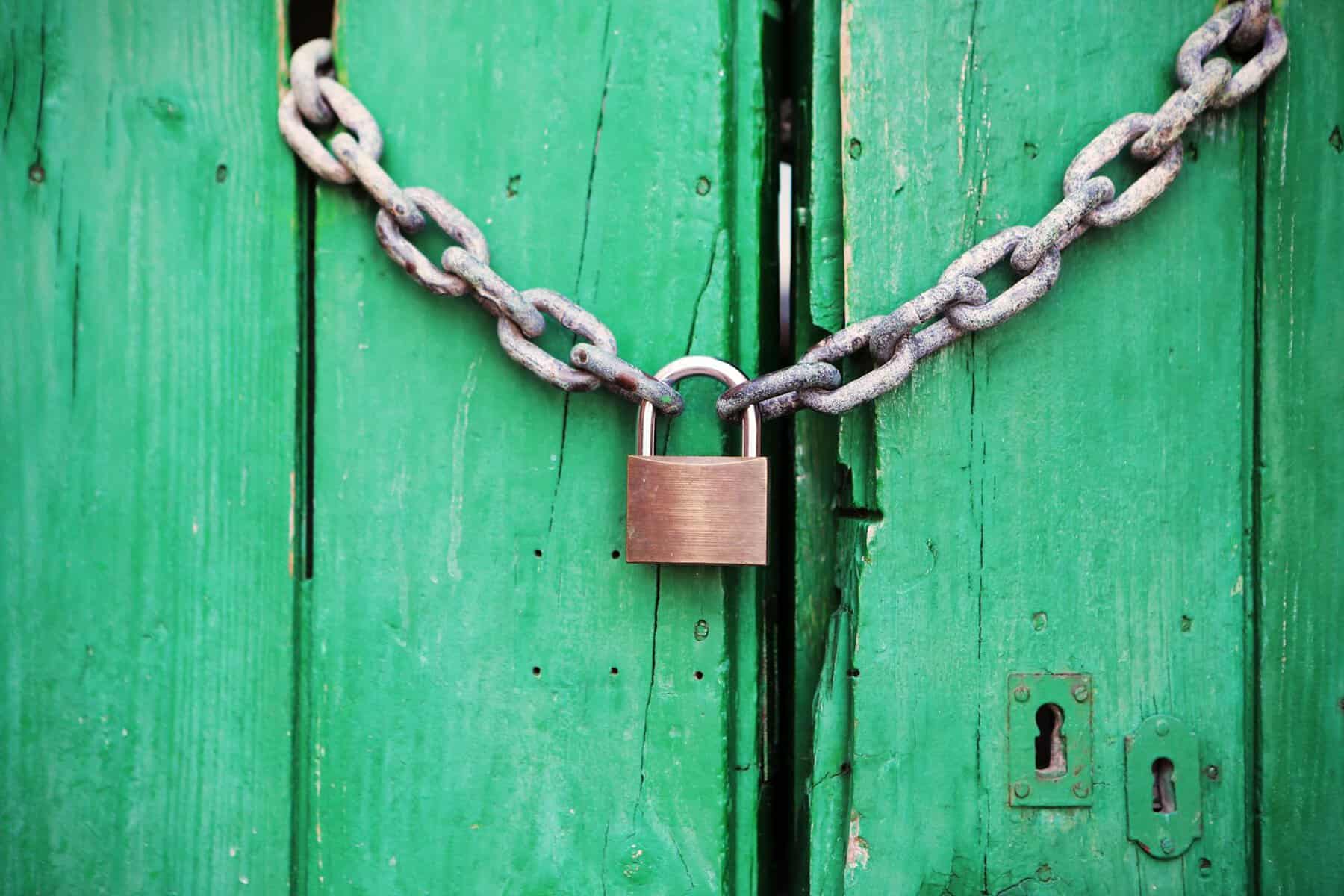
As a small business owner, having a website is crucial for establishing your online presence and growing a wider audience. However, owning a website involves more than just having one up and running. If you aren’t going to do it yourself or have a trusted employee build and maintain your site, there are important things you need to know about website ownership to protect your investment and stay in control of your site.
It can be very tempting to hand it off and say, “Just take care of this for me. I don’t have time to learn how and I’m not technical.” It’s very reasonable to hand off the detailed technical work, but as a business owner, you need to have the same mindset of ownership for your website that you do for your physical business. Neglecting this has serious risks that may not be visible until it is too late.
/
The first essential tip for small business owners is to verify ownership of their website. This includes two main components: the domain name and the hosting. Your domain name is the unique address that directs users to your website (e.g., www.yourbusiness.com). It is important to ensure that the domain name is registered in your name and separate from whoever designed your website.
Hosting refers to the space where your website’s files are stored and accessed online. It’s crucial to have administrative access to your hosting site, allowing you to make changes and manage your website effectively. By verifying ownership of both your domain name and hosting, you protect yourself from potential pitfalls where others may claim ownership of your online assets.
One common pitfall small business owners face is entrusting the entire website ownership to a web designer or developer. In such cases, the designer may register the domain name and control the hosting, giving them leverage over the business owner. To prevent this, it’s essential to separate ownership of the website components and retain administrative access for yourself.
Losing control of your domain name can have serious consequences, as highlighted by real-life experiences where neglecting domain renewal led to costly efforts to reclaim ownership. By staying vigilant and ensuring you have control over your website assets, you can avoid such scenarios and maintain ownership of your online presence.
In addition to verifying ownership, small business owners should prioritize website reporting. Regular reporting allows you to stay informed about updates, user logins, and other activities on your website. With reporting features integrated into platforms like WordPress, you can monitor your website’s performance, update requirements, and user interactions effectively.
Setting up a reporting system, such as receiving notifications for plugin updates and user logins, helps you maintain oversight of your website’s functionality. WordPress can be set up to update most plugins automatically and to send notification emails when a plugin needs updating, when it has been updated, when a user logs in, etc. By establishing clear communication channels with those managing your website, you can address any issues promptly and ensure that you remain in control of your online business asset.
Owning a website as a small business owner comes with responsibilities that go beyond launching a site. By understanding the essentials of website ownership, verifying your control over domain and hosting, avoiding common pitfalls, and prioritizing reporting, you can safeguard your online presence and effectively manage your digital asset.
Remember, as the business owner, it’s crucial to own and oversee your website to protect your brand identity and maintain a strong online presence. By following these essential tips, you can navigate the complexities of website ownership with confidence and ensure the success of your online endeavors.
We hope this blog post has shed light on the crucial aspects of website ownership for small business owners. Stay tuned for more insightful content on business ownership and digital management. Thank you for reading!